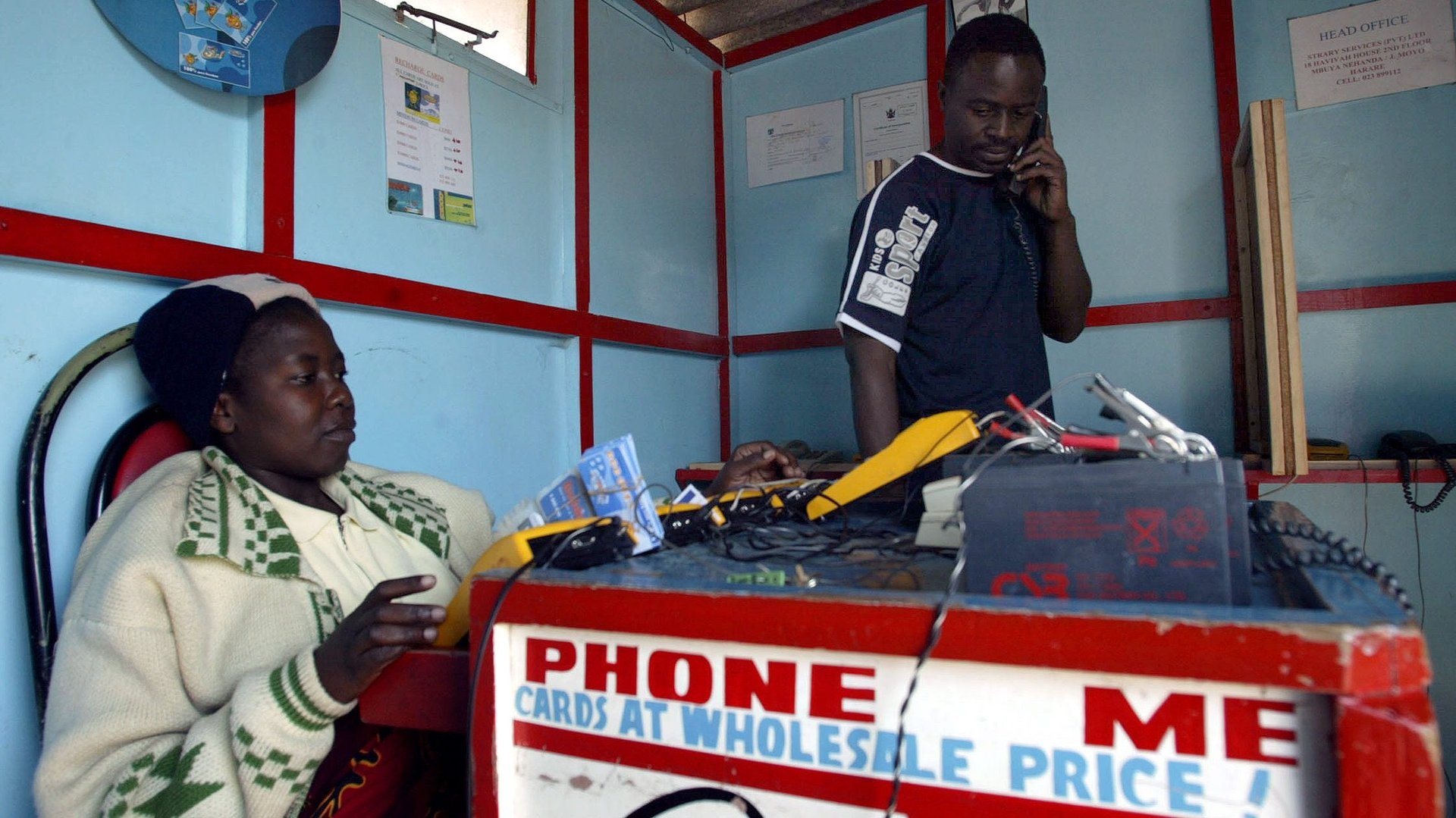It’s about to get cheaper for over 500 million Africans to roam on their phone networks
Countries in the common market for eastern and southern Africa (COMESA) will soon abolish the roaming and termination charges levied on mobile calls while reducing the interconnection rates among different operators.


Countries in the common market for eastern and southern Africa (COMESA) will soon abolish the roaming and termination charges levied on mobile calls while reducing the interconnection rates among different operators.
The 19-member bloc, stretching from Libya in the north to Swaziland in the south, signed a binding decision to bring down the price of communication technologies, enhance competition, and increase access to both high-quality cellular calls and affordable internet access.
Even as lower smartphone prices drive a digital revolution in Africa, many Africans still pay a significant amount of their income to make phone calls or surf the internet. According to the World Bank, Africans pay on average 25% of their monthly gross national income per capita in mobile cellular calls, compared to 11% in other developing nations.

The country ministers, meeting in Zambia’s capital Lusaka, said although the pricing of voice services in many African countries continued to become “competitive and comparable with the rest of the world,” the industry’s ‘termination charges’ were still too high. Termination charges are the fees a phone company has to pay a counterpart in another country when a consumer makes an international call. They’re also concerned that broadband continued to be “out of reach” for most consumers.
The decision from COMESA is significant as African countries look to tighter integration as a mechanism to drive free trade, economic and social progress, and most of all, allow for the growth of local companies in the tech sector.
Countries like Tanzania and Kenya have been encouraging the introduction of interoperability services, allowing mobile money compatibility among its networks. These kinds of measures are said to have helped increase financial inclusion among subscribers—Tanzania reported increased transactions among users—and help place African telecom companies, like Safaricom’s M-Pesa, at the forefront of promoting financial inclusion.
But to make this a reality, African countries will still need to invest in adequate digital infrastructure that would provide not only robust network connectivity but also offset high data costs. This is especially crucial as operators intensify their efforts to grab more mobile data market, given the dwindling share of voice revenues. And despite the infrastructure challenges posed by fixed-line broadband, mobile internet speed in countries like Kenya continue to beat even those in developed countries like the United States.
In the European Union, mobile operators were banned from charging additional roaming fees to customers, whether they were calling or texting on their networks or using their data for downloads. Some big operators even included popular non-EU destinations like Turkey and Norway in their free-to-roam packages. The drop in charges helped ease travelers’ worry of being surcharged for calling or for running huge amounts of data while on the move.